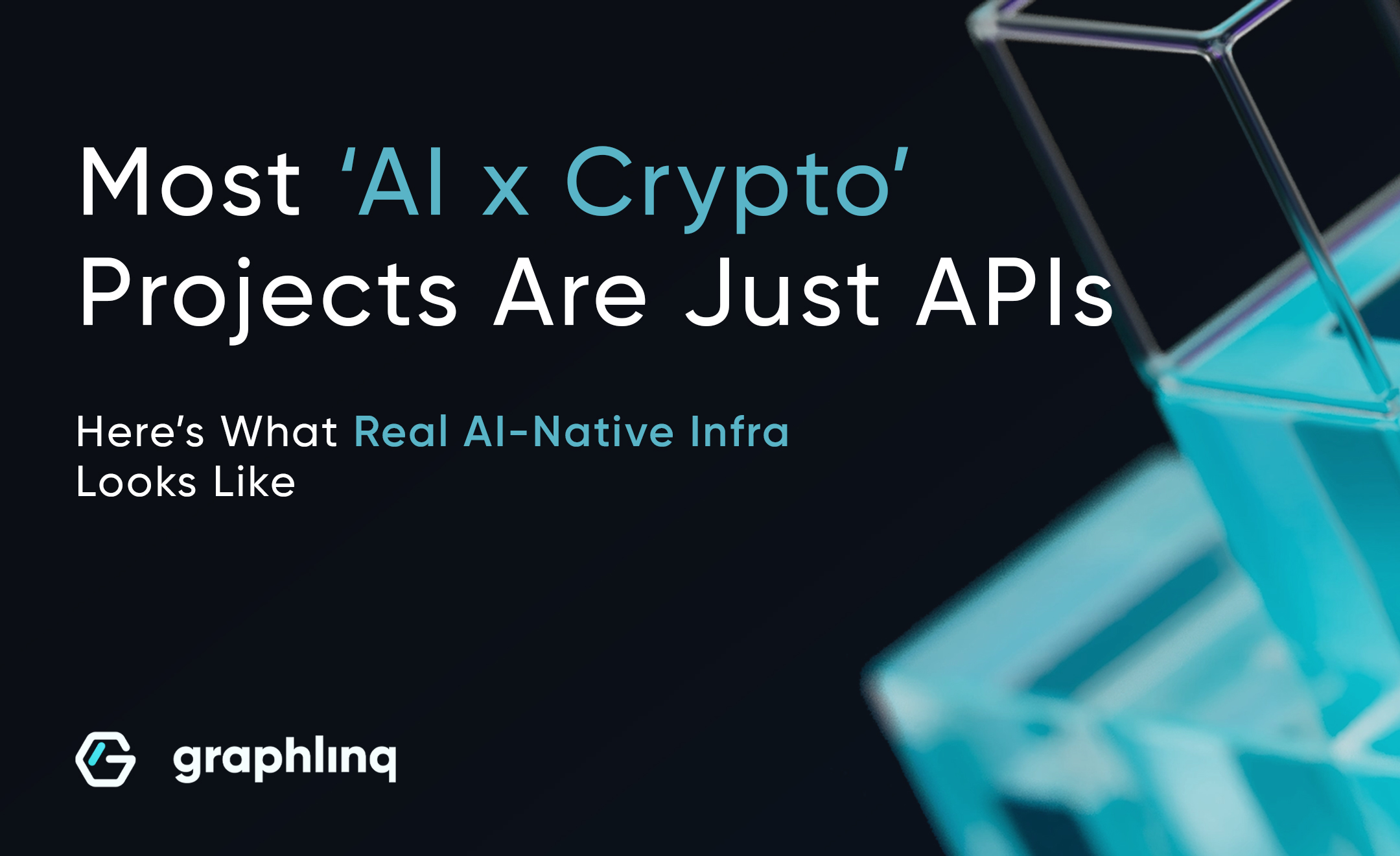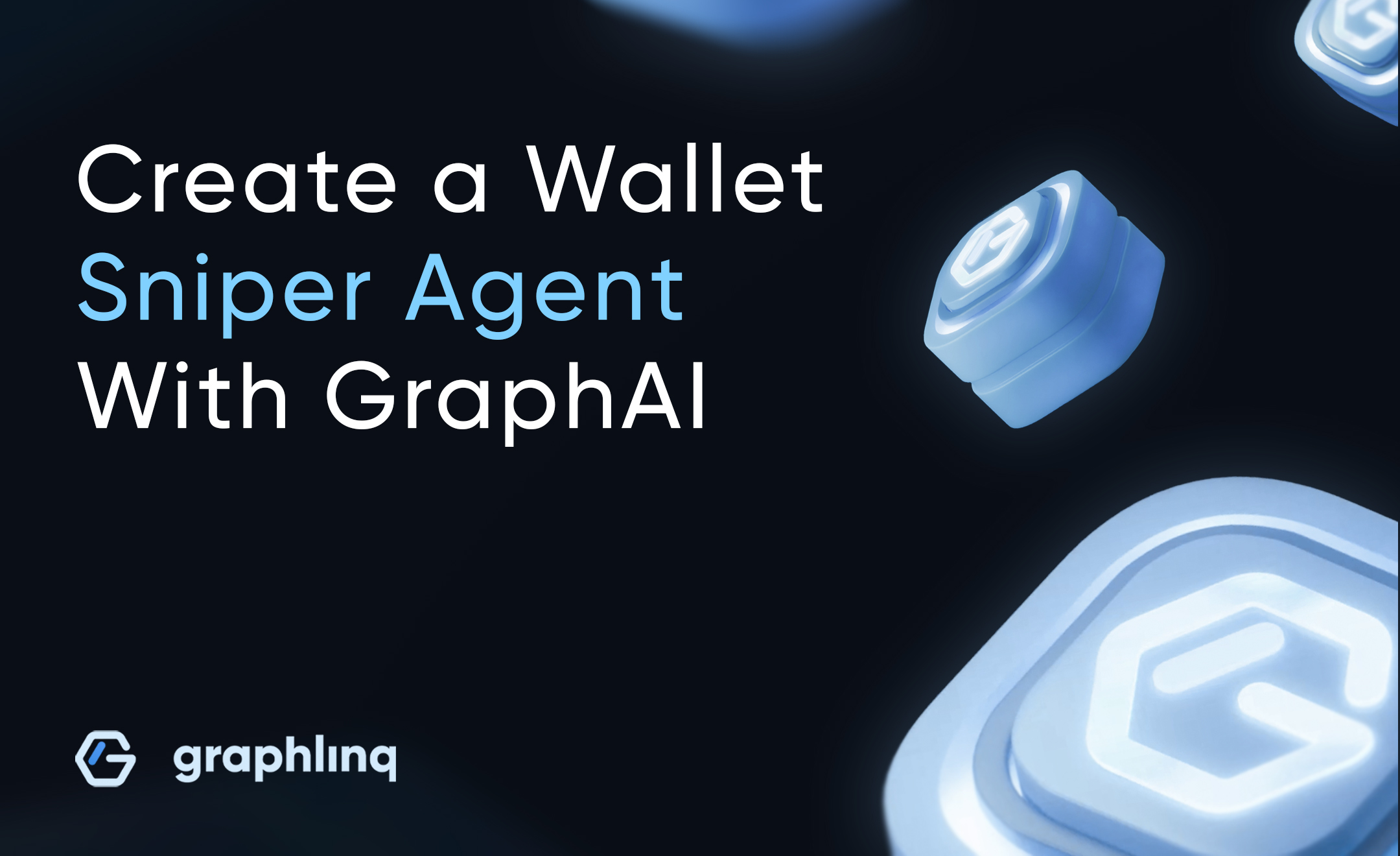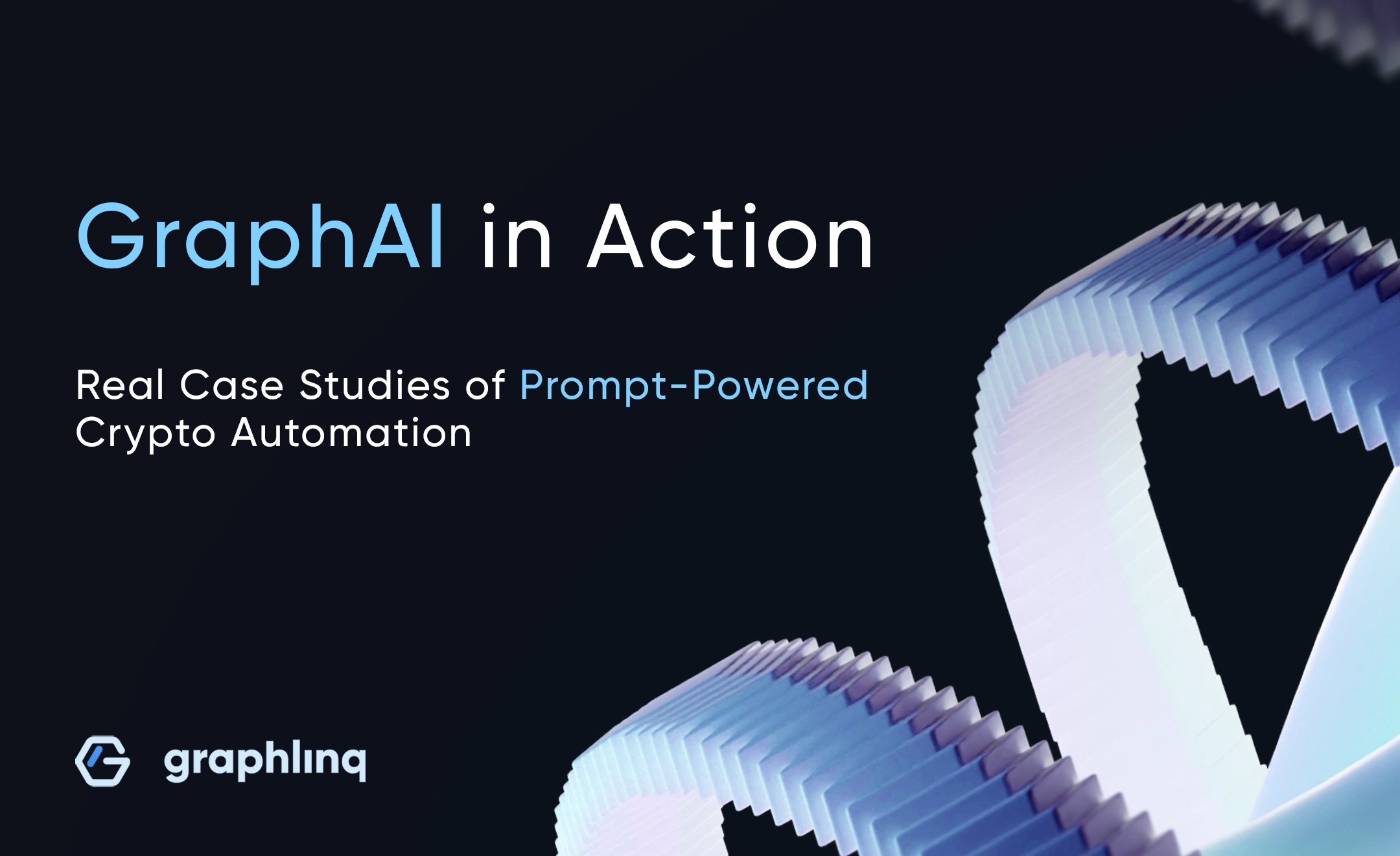How to Avoid DeFi Hacks
Blockchain technology has revolutionized the financial sector, leading to the rise of Decentralized Finance (DeFi). DeFi enables peer-to-peer lending and borrowing without needing traditional banks, providing individuals with more control over their finances and increasing accessibility to financial services.
However, like any new technology, DeFi comes with its risks. Scammers and hackers often target these platforms, making it crucial for users to understand potential threats and how to avoid DeFi hacks.
In this article, we’ll explore the five most common attacks in DeFi and provide tips on how to protect your assets. By implementing these strategies, you can safely participate in the DeFi revolution.
5 Common Attacks in DeFi and How to Protect Yourself
DeFi has become immensely popular among crypto enthusiasts due to its advantages over traditional banking. However, its rapid growth has also led to an increase in hacks and security vulnerabilities. Understanding these threats is the first step in safeguarding your investments.
1. Integer Overflows and Reentrancy Attacks
A significant portion of DeFi relies on open-source code, which can have vulnerabilities. Hackers often exploit these weaknesses through:
- Integer Overflow:
Code errors in mathematical operations, like adding two large numbers, can be exploited by hackers to steal funds.
- Reentrancy Attacks:
Hackers manipulate a function that can be called multiple times within a single transaction, allowing unauthorized withdrawals. It's akin to a vending machine giving out multiple snacks with a single payment.
2. Centralized Points of Failure
Even in the decentralized ecosystem, many DeFi platforms have centralized points of failure, such as:
- Centralized Price Oracles:
These oracles provide external market data. If compromised, hackers can manipulate asset prices for arbitrage opportunities.
- Admin Keys:
Some protocols have admin keys that allow developers to alter smart contracts. If these keys are compromised, the entire platform is at risk.
3. Flash Loan Attacks
Flash loans allow borrowing without collateral if repaid within a single transaction. While innovative, they can be misused:
- Price Manipulation:
Hackers use flash loans to manipulate asset prices on decentralized exchanges (DEXs) for profit.
- Collateral Ratio Manipulation:
Hackers can manipulate collateral ratios in lending protocols, causing liquidations and user losses.
4. Social Engineering and Phishing
Social engineering and phishing are significant threats:
- Fake Websites:
Scammers create sites that mimic legitimate DeFi platforms to steal private keys and login credentials.
- Impersonation:
Scammers may pose as project team members to trick users into sending funds or granting account access.
5. Exit Scams
DeFi projects, particularly early-stage ones, may engage in exit scams:
- Rug Pulls:
Developers drain funds or liquidity from a protocol, leaving investors with worthless tokens.
How to Protect Your DeFi Investments
To protect yourself from these threats, consider the following tips:
- Use Trusted Platforms:
Only engage with well-established platforms with good reputations.
- Regularly Update Software:
Ensure your software and wallets are up-to-date with the latest security patches.
- Educate Yourself:
Stay informed about common scams and how to avoid them. Knowledge is your first line of defense.
- Enable Two-Factor Authentication:
Use two-factor authentication on all accounts for an added layer of security.
- Verify Sources:
Always double-check URLs and the legitimacy of websites and communications before engaging.
How to Avoid DeFi Hacks
Decentralized Finance offers many opportunities but comes with risks. To safely navigate DeFi, proactively securing your assets is crucial. Here are some key strategies to consider:
1. Conduct Thorough Research Before Diving In
Don't jump into any DeFi protocol without deep research. Look for background information and track records. Longevity and a history of success are good indicators of reliability. A vibrant and engaged community is another positive sign; active communities can provide valuable insights and suggest a platform with a solid user base.
Prioritize platforms that undergo regular security audits by reputable firms with a solid reputation in DeFi security assessments. Public audit reports can give you peace of mind, so search for these.
2. Understand the Smart Contracts Powering the System
While you might not need to be a coding expert, understanding a DeFi protocol’s smart contracts is essential. These self-executing contracts underpin DeFi applications. Ensure the platform offers user-friendly documentation or tutorials explaining smart contract functionality. If resources are lacking, contact experienced DeFi users in the community for valuable information. You can use Graphlinq for a quick summary and documentation of EVM-based smart contracts.
3. Prioritize Security When Choosing Your Wallet
Security should be your top priority when storing crypto assets for DeFi transactions, even if it means sacrificing some convenience. Hardware wallets, which store offline private keys, are the most secure option as they significantly reduce the risk of online attacks. Avoid storing large sums of crypto in exchange or hot wallets (constantly connected to the internet) since they are more vulnerable to hacks.
4. Don’t Be Blinded by Promises of Outsized Returns
If a DeFi project promises astronomical returns with minimal risk, it's a major red flag. Focus on established DeFi protocols offering reasonable and sustainable returns instead of chasing unrealistic gains.
5. Grant Permissions with Caution
When interacting with DeFi protocols, be very careful about what permissions you grant. Only grant the specific permissions necessary for the specific interaction you’re performing. Avoid broad approvals, as malicious actors could exploit these permissions. The golden rule is to grant the least privilege.
6. Be Wary of Social Engineering Attacks
Social engineering is a significant threat in DeFi. Here’s how to protect yourself:
- Treat your private keys and seed phrases like the keys to your financial vault—never share them with anyone, including supposed DeFi platform support.
- Expect phishing attacks. Double-check the website URL before logging in to any DeFi platform to ensure it’s legitimate.
- Don’t trust unsolicited messages or social media accounts claiming to be affiliated with DeFi platforms. These could be attempts to trick you into revealing sensitive information.
7. Use Multi-Signature Wallets for Enhanced Security
Multi-signature wallets require multiple signatures from authorized parties before completing any transaction. This system adds an extra layer of security and can prevent unauthorized access even if one private key is compromised.
8. Stay Informed in the Evolving DeFi Landscape
The DeFi landscape is constantly changing, and new vulnerabilities emerge regularly. Follow DeFi news sources and security researchers with a proven track record to stay ahead of the curve. By keeping up-to-date with the latest threats and best practices, you can keep your assets safe and confidently navigate the world of DeFi.
The Future of DeFi Security
The responsibility of ensuring security in the DeFi space lies with both users and protocol developers. While users must practice caution, the DeFi ecosystem, including platforms like Graphlinq, must prioritize security enhancements. Here are some crucial steps to move forward:
Security Audits
Conducting comprehensive smart contract audits can significantly improve the security posture of DeFi protocols. Regular audits help identify vulnerabilities that could be exploited, thus ensuring that protocols like Graphlinq Chain remain robust and secure.
Bug Bounty Programs
Encouraging white-hat hackers to identify and report vulnerabilities in exchange for rewards can proactively address potential exploits before they are used maliciously. Implementing bug bounty programs within the Graphlinq Protocol can uncover hidden flaws and bolster security.
Formal Verification of Smart Contracts
Formal verification techniques can mathematically prove the correctness of smart contracts, minimizing the risk of hidden vulnerabilities. Integrating formal verification in the development process of platforms like Graphlinq can ensure that contracts function as intended without exposing users to unnecessary risks.
Community Education
Raising awareness about DeFi scams and best practices among users is crucial for creating a more secure environment. Educational resources and initiatives can empower users to make informed decisions. Providing accessible and comprehensive information on DeFi security within the Graphlinq community can help users safeguard their assets effectively.
Conclusion
DeFi offers exciting opportunities for financial innovation that surpass traditional financial systems. However, it also comes with significant risks, some of which have been identified in this article. By understanding common DeFi hacks and following best security practices, users can minimize their exposure to vulnerabilities and protect their assets.




.jpg)

























%20Do%20Bitcoin%20Cycles%20Still%20Work_.jpg)
%20What%E2%80%99s%20Next%20for%20Bitcoin%20in%202025_.jpg)



%20What%20Is%20a%20Crypto%20Swap.jpg)






























.jpg)
%20How%20to%20Find%20New%20Cryptocurrencies%20%20Worth%20Investing%20In.jpg)
%20Understanding%20Cryptocurrency.jpg)

.jpg)

A%20Comprehensive%20Guide%20to%20Altcoin%20Season.jpg)
%20cases%20and%20Future%20of%20Ai%20in%20Crypto.jpg)
%20How%20to%20Create%20Your%20Own%20MetaMask%20Wallet.jpg)
%20How%20to%20use%20your%20Crypto%20wallet%20safely.jpg)
What%20is%20a%20smart%20contract.jpg)
%20How%20to%20Protect%20Against%20Crypto%20Scams%20and%20Ponzi%20Schemes.jpg)








